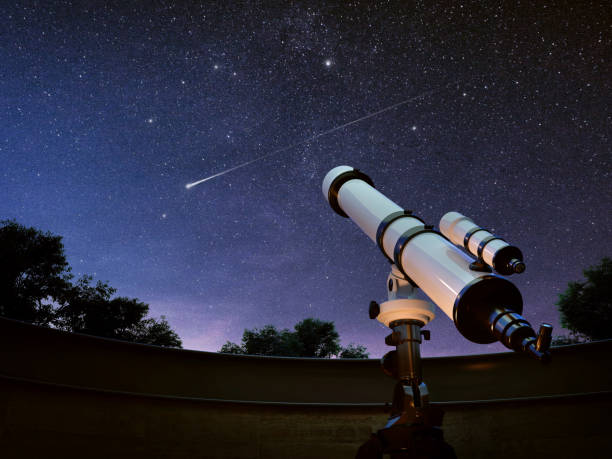Astrotourism: Stargazing Adventures in Remote Dark Sky Destinations
The vast expanse of the night sky has captivated humanity for millennia, inspiring wonder, mythology, and scientific exploration. In recent years, a new form of travel has emerged, catering to those who seek to reconnect with the cosmos: astrotourism. This niche yet growing sector of the travel industry combines the allure of pristine night skies with the thrill of exploration, offering travelers unique opportunities to stargaze in some of the world's most remote and light pollution-free locations. As urban skyglow continues to obscure celestial views for much of the global population, astrotourism provides a gateway to the universe, fostering a deeper appreciation for our place in the cosmos.

Chasing Celestial Events
Beyond static stargazing, astrotourism often revolves around specific celestial events. Solar eclipses, meteor showers, and the aurora borealis draw thousands of travelers to remote locations each year. These cosmic phenomena not only offer breathtaking visual experiences but also create unique cultural events as communities and fellow sky-watchers gather to witness nature’s grand spectacles.
The Technology Behind Astrotourism
Modern astrotourism blends ancient wonder with cutting-edge technology. Many dark sky destinations now offer advanced telescopes and astrophotography equipment for visitors to use. Mobile apps help travelers identify constellations and planets, while virtual planetariums provide educational context to the nighttime observations. This fusion of traditional stargazing with modern tools has made astronomy more accessible to novices while still catering to seasoned enthusiasts.
Cultural and Educational Impact
Astrotourism goes beyond mere observation; it often incorporates cultural and educational elements. Many destinations offer programs that blend local folklore about the night sky with scientific explanations, creating a rich, multifaceted experience. Indigenous star lore, in particular, has found new appreciation through astrotourism, as travelers learn about different cultural perspectives on celestial bodies and their significance.
Economic Benefits for Remote Communities
The growing popularity of astrotourism has brought economic opportunities to remote areas that might otherwise struggle to attract visitors. Small towns near dark sky reserves have seen increases in tourism-related businesses, from specialized accommodations to guided night sky tours. This influx of visitors has helped diversify local economies and raised awareness about the importance of preserving natural darkness.
Stellar Travel Tips for Aspiring Astrotourists
• Plan your trip around the lunar calendar; new moon periods offer the darkest skies
• Invest in red light flashlights to preserve night vision while navigating in the dark
• Bring warm layers; temperatures can drop significantly at night, even in desert locations
• Allow at least 30 minutes for your eyes to fully adjust to the darkness
• Consider joining a local astronomy club at your destination for expert guidance and access to equipment
As we gaze up at the stars, we are reminded of our place in the vast cosmic arena. Astrotourism offers more than just a travel experience; it provides a perspective-altering journey that connects us with the universe and our ancestral roots. By seeking out the world’s darkest skies, we not only witness the beauty of the cosmos but also play a role in preserving these natural wonders for future generations to explore and cherish.






